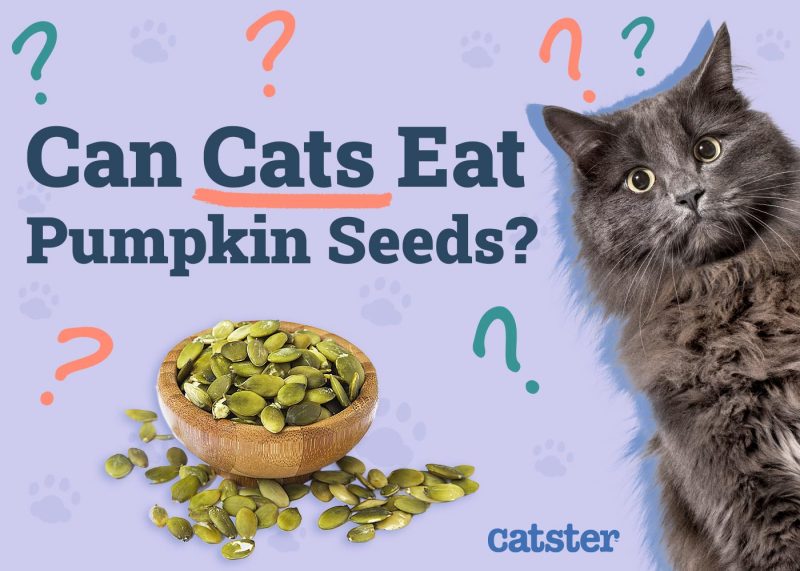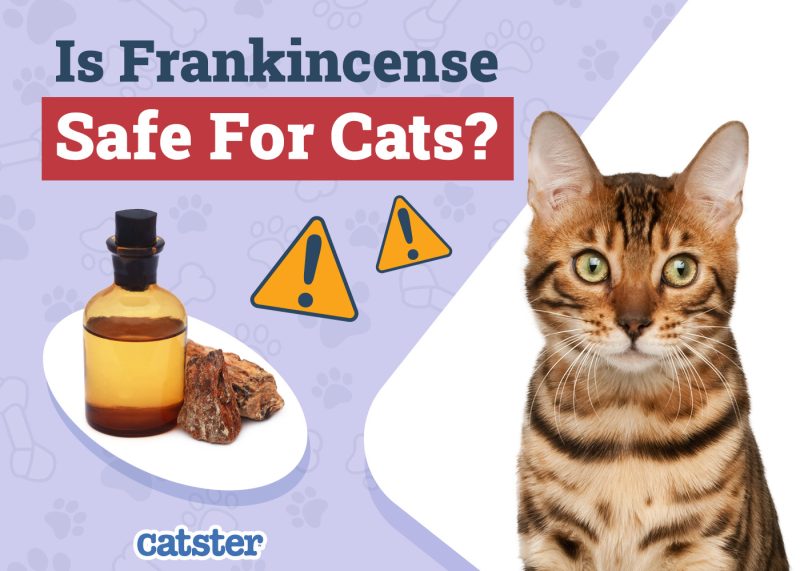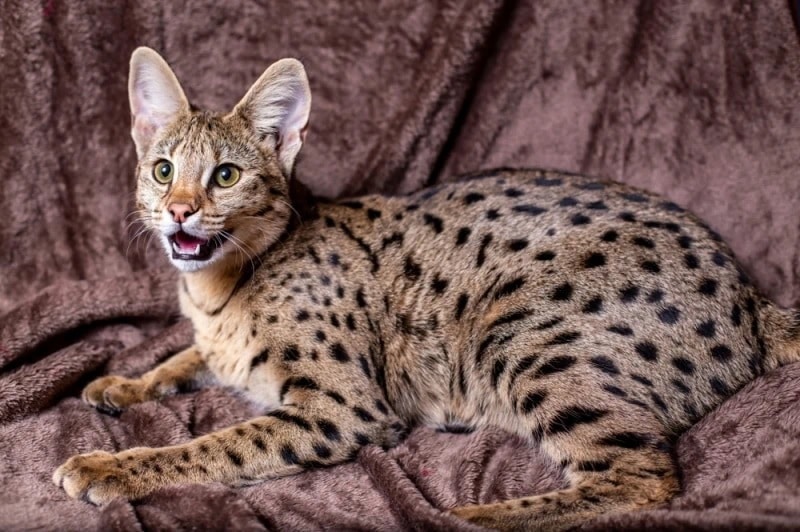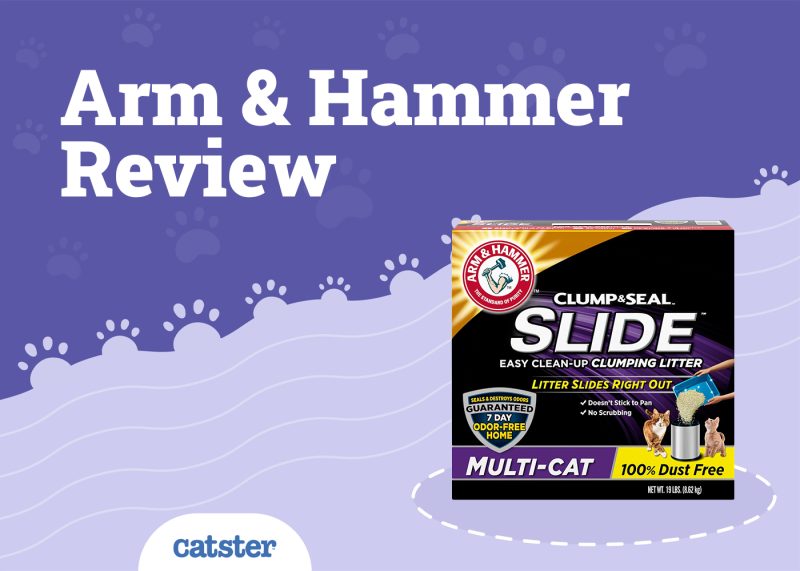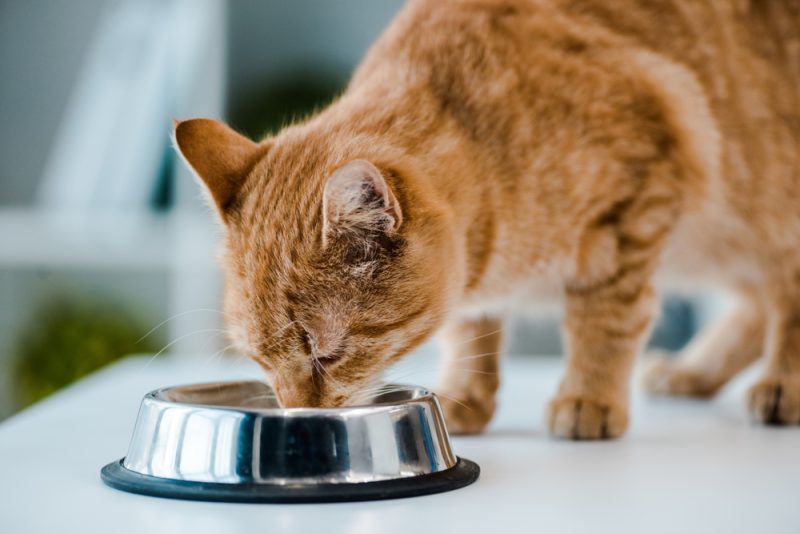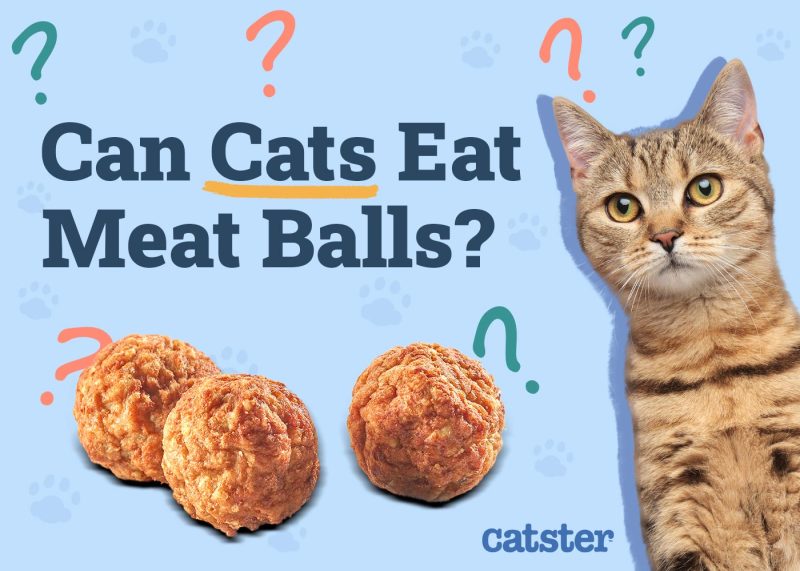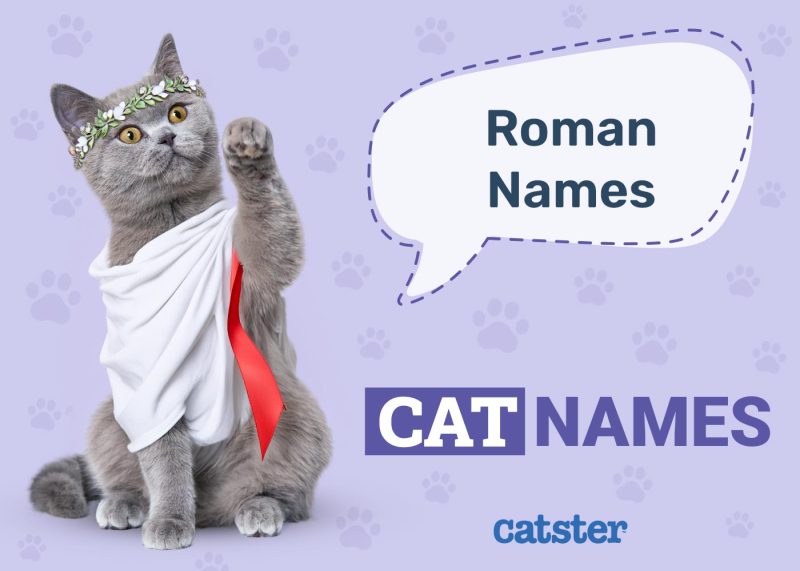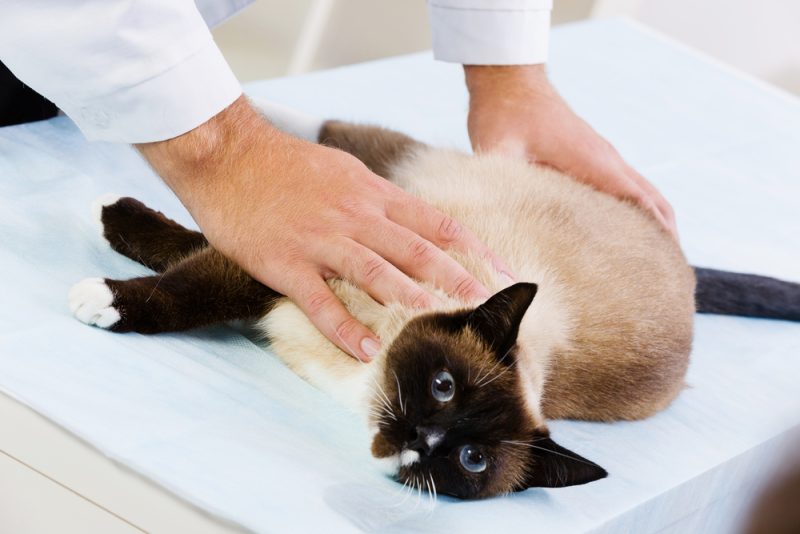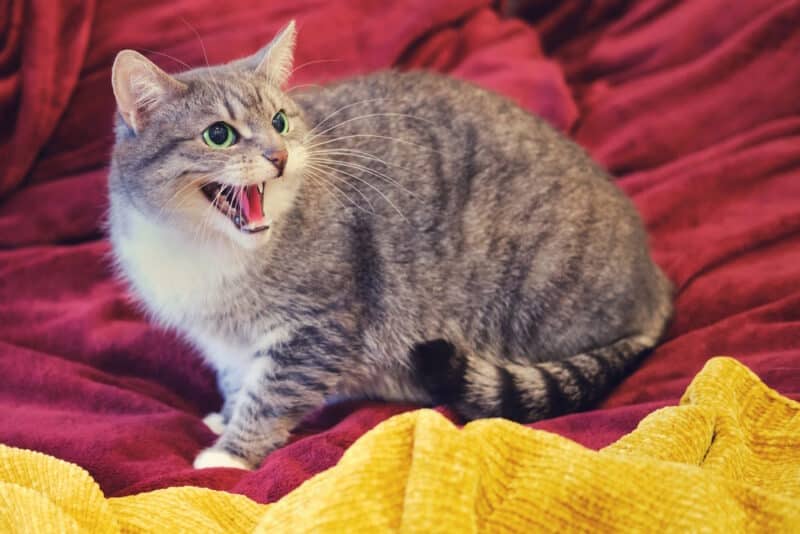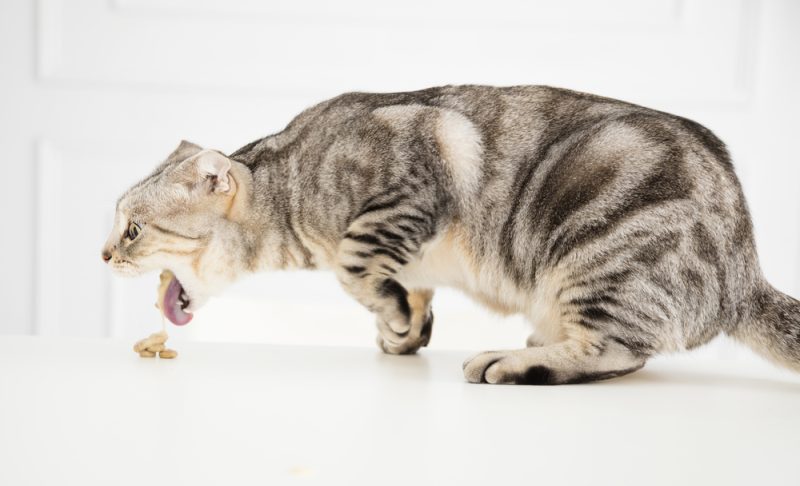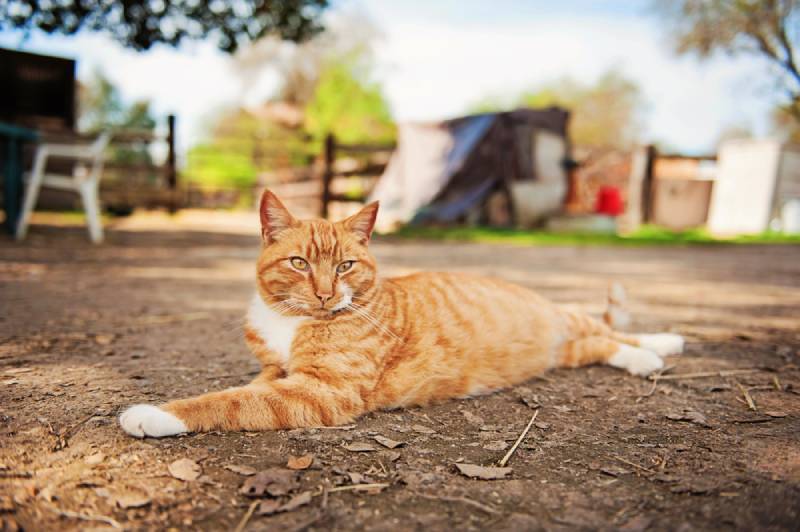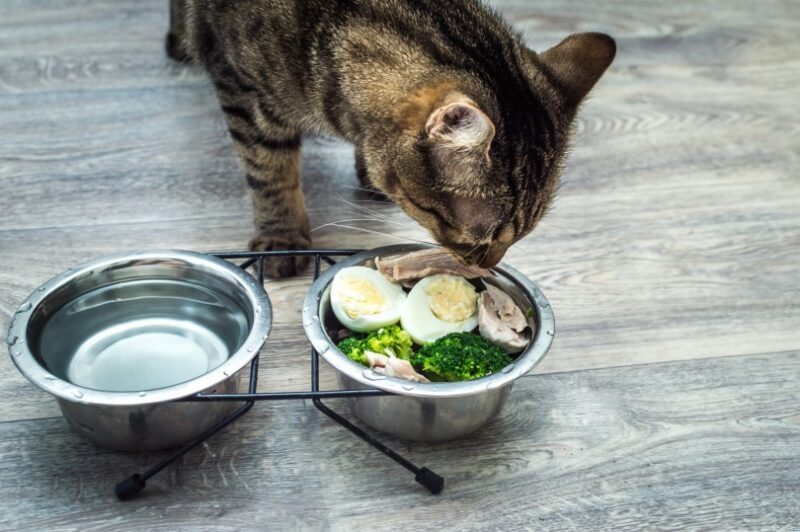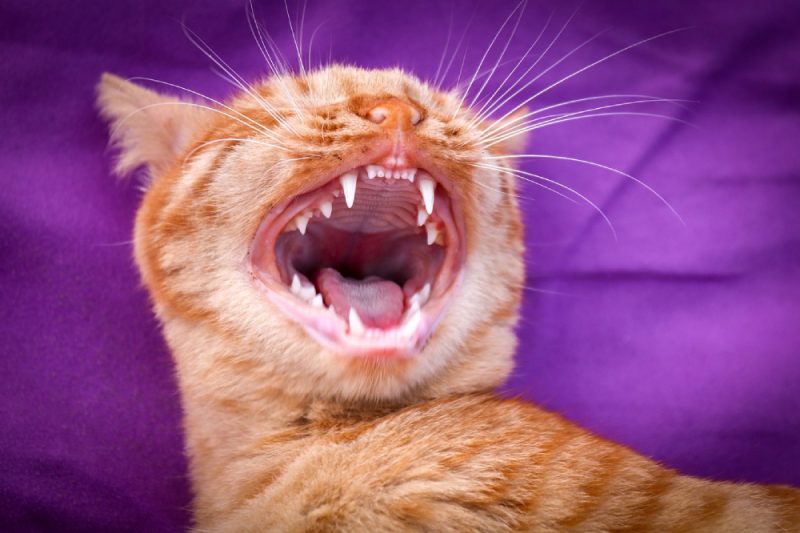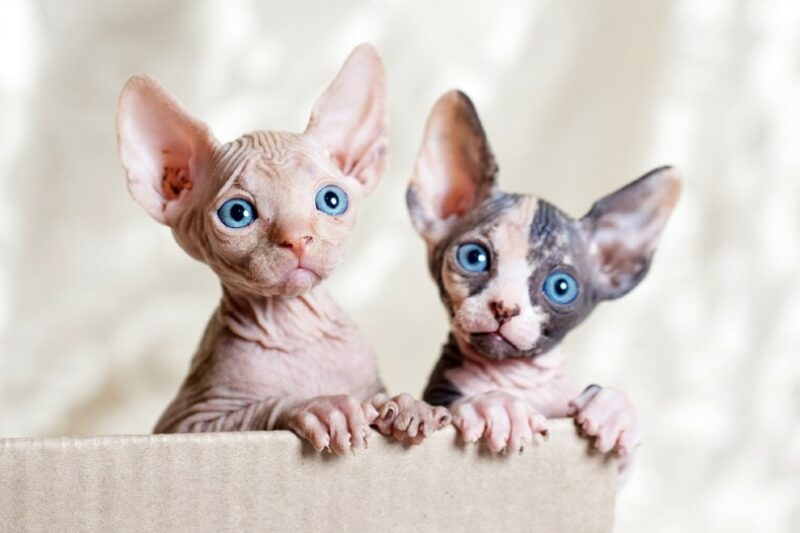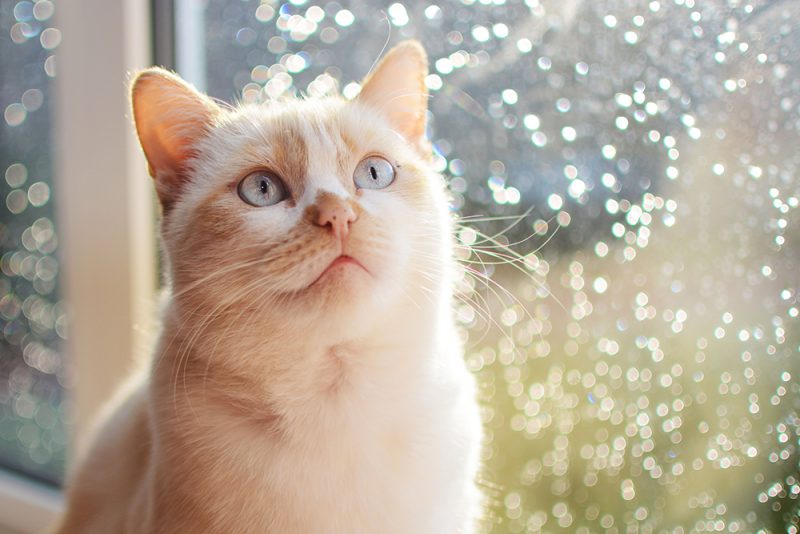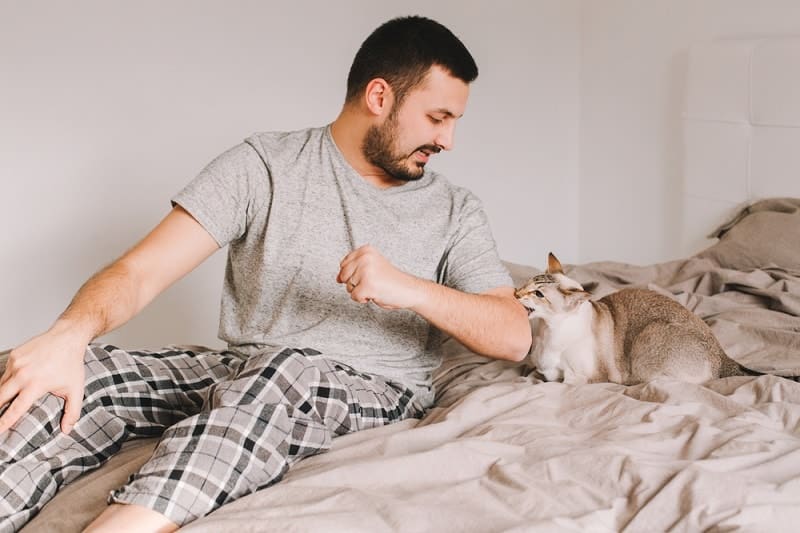In this article
Yes, most cats can eat pumpkin seeds without suffering any adverse effects. Pumpkin seeds are packed with nutrients that are extremely beneficial. What’s more, some cats seem to love the taste of these seeds. Therefore, do not be afraid to offer them as occasional treats. However, be aware that pumpkin seeds may present a choking hazard, so your cat should be supervised while eating them.
Pumpkin seeds are rich in dietary fiber, which consists of both soluble and insoluble fiber. As its name suggests, soluble fiber dissolves in water and it is processed in the large intestines. It facilitates the growth of beneficial gut bacteria that promotes good gastrointestinal health.
On the other hand, insoluble fiber stays in the stomach for longer since it does not dissolve in water. This may be useful for weight loss efforts because it makes the cat feel full for longer.
The following are other potential benefits that your kitty may get from eating occasional pumpkin seeds. However, speak to a vet first to make sure this is an appropriate option for your cat.

Before changing your cat’s diet or introducing new ingredients or supplements that they haven’t eaten before, especially when it comes to human food, make sure to consult a veterinarian first. Every cat is different and requires an individual approach to nutrition, depending on their age, health, level of activity, and medical history. The guidelines offered in our article have been fact-checked and approved by a veterinarian but should be used as a mere guide on food safety, rather than an individual nutrition plan. The potential benefits of pumpkin seeds in cats currently remain anecdotal and have not been scientifically proven, so their use in cats should be first discussed with a veterinarian.
Potential Benefits for Cats Eating Occasional Pumpkin Seeds
1. Easing Constipation
Thanks to their high fiber content, pumpkin seeds may help if your cat suffers from constipation. When it comes to dealing with difficult bowel movements, soluble fiber is your friend which means pumpkin seeds are good for cats.
Common solutions to alleviate constipation in cats are veterinary-prescribed laxatives and prokinetics, depending on the underlying issue. While these drugs will do the job, they may sometimes trigger diarrhea. Fortunately, you don’t have to trade one problem with another. Pumpkin seeds have been shown to be an effective solution in the easing of constipation in many felines.
According to experts, a tablespoon of pumpkin seeds should be enough to put constipation at bay. Make sure that the cat has plenty of water too.
However, your cat should not be eating pumpkin seeds daily. Speak to your vet about how many pumpkin seeds are appropriate for your cat. They will also start your cat on a treatment plan if they are suffering from constipation, as seeds on their own may not be enough to manage this problem.
2. Treating Diarrhea
Pumpkin seeds are also incredibly helpful at alleviating diarrhea in cats, thanks to their high soluble fiber content. Soluble fiber bulks up the cat’s stool by absorbing excess water in the gut. This results in normal stool, thus relieving your pet of the discomfort.
A teaspoon of pumpkin seeds is all it takes to ease the problem. Nonetheless, as diarrhea is a sign of many illnesses, make sure to promptly take the cat to the vet for an examination.
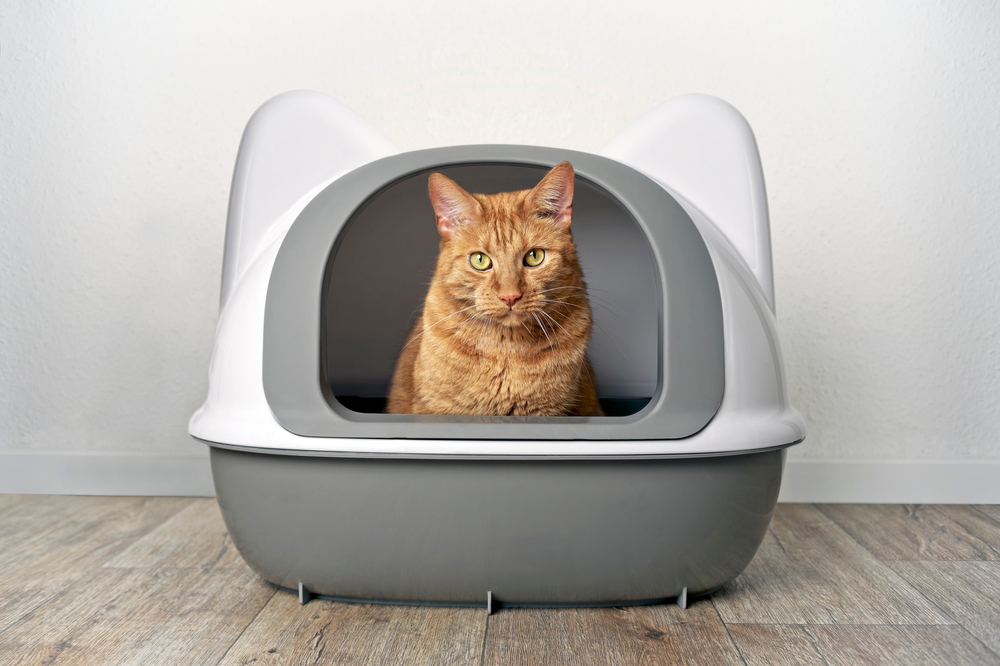
3. Treating an Upset Stomach
While many things can cause an upset stomach, switching foods abruptly is usually the most common cause of this issue in cats. Therefore, if you are looking to introduce a new food to your cat, practice caution and introduce it gradually. Start with mixing small portions of the new food with regular food. If the cat does not display any ill effects, increase the amount of the new food in their diet until they can eat an entire meal consisting of their new food without experiencing a stomach upset.
To ensure a smooth transition, throw in a tablespoon of pumpkin seeds in their new diet. A food change should be done over a minimum of 7 days and according to your vet’s advice.
4. Weight Loss
According to research, nearly 60% of domestic cats in the United States are overweight.1 Feline obesity is no laughing matter, as it is associated with issues such as urinary tract disease, diabetes, heart disease, and cancer.
As such, as a pet owner, it is your responsibility to ensure that your cat does not exceed their ideal weight. Fortunately, pumpkin seeds may be an effective solution to that problem, owing to their being rich in insoluble fiber. As mentioned, insoluble fiber promotes satiety, thus resulting in the cat feeling full after eating.
By eating more appropriate amounts based on their age, neutered status, level of activity, and health, your cat should have no problems staying within their ideal weight. However, you have to ensure your cat is not eating treats that are often fatty and rich in calories and that they are having adequate amounts of physical exercise daily.
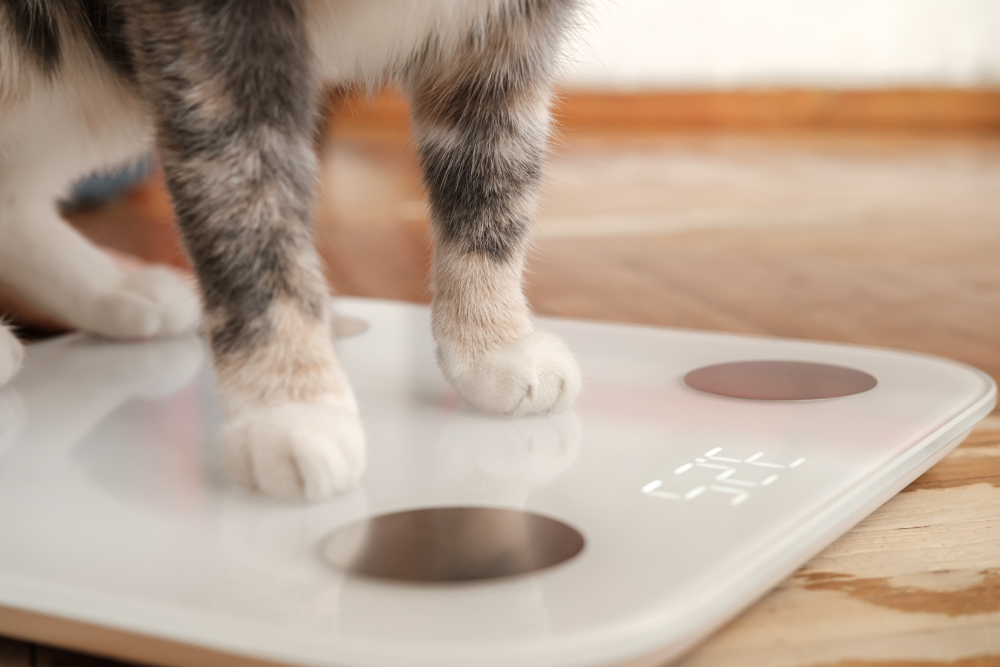
5. Packed With Vitamins
- Vitamin A – This promotes eye and immune system health.
- Beta-carotene – An antioxidant that protects cells from damage from free radicals.
- Vitamin C – Boosts immune health, although cats produce their vitamin C and generally do not require supplementation.
- Fatty acids – Promote a healthier coat and skin.

Risks Associated With Pumpkin Seeds
Pumpkin seeds present a serious choking hazard, and your cat should be supervised while eating them. Crushing the seeds minimizes this risk. Avoid cooking or roasting the seeds, as this adds to the fat content, and do not add any additional ingredients or spices to them if you are planning to offer them to your cat. This may lead to a stomach upset in your kitty or worse.
Always consult with a vet before offering human food to your cat. Remember that pumpkin seeds may be beneficial for your cat when offered in moderation but should not be a daily treat and are certainly not a replacement for a complete and balanced high-quality cat food.
Need veterinary advice but can't get to the clinic? Catster recommends PangoVet, our online veterinary service. Talk to a vet online and get the answers and advice you need for your cat without having to leave your living room — all at an affordable price!


Conclusion
If you have been wondering can cats eat pumpkin seeds, speak to your vet first. These seeds are rich in fiber, vitamins, and nutrients that may be beneficial for your cat, but be aware of potential choking hazards. You may crush the seeds, but certainly supervise your cat while eating them, and do not offer them daily.
Featured Image Credit by: Catster.com
